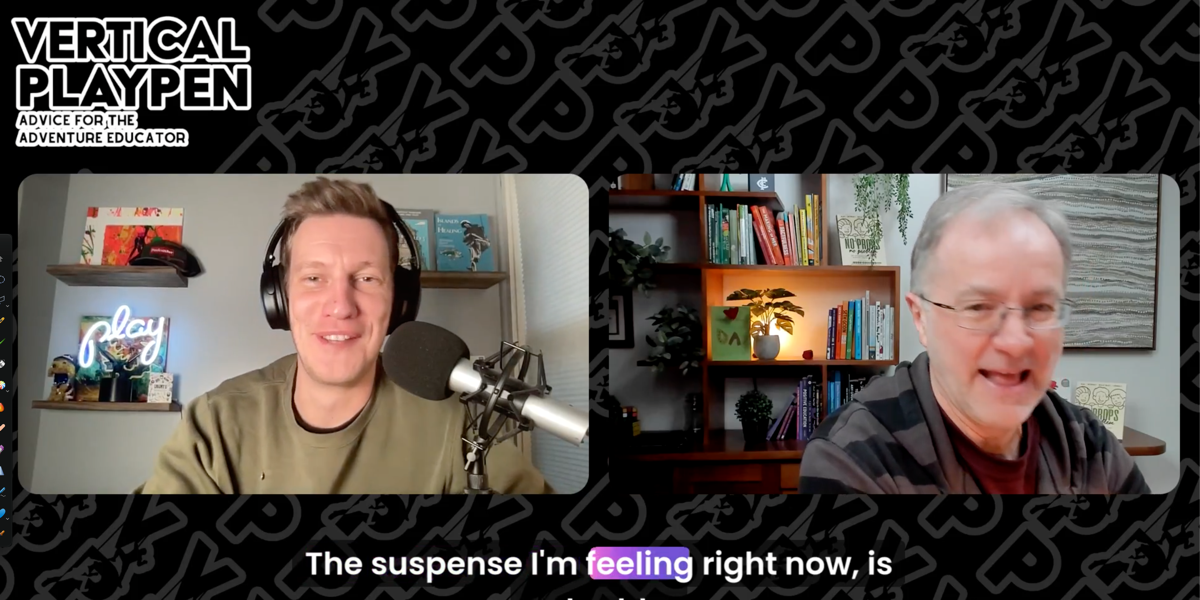There are some, even within the experiential & adventure education community, who doubt that most of what we call debriefing or reflection is effective for our groups.
The argument is that most participants most of the time can not or will nor recall much of anything from our reflection or debriefing discussions. If this is true (and I suspect it could be on many occasions,) then there are clearly many variables at play here.
To my way of thinking, one of the primary reasons our debriefs may fall on deaf ears is because the facilitator fails to consider the Why? driving their program in the first place.
That is to say, what do we expect our groups to remember from any particular debriefing or reflection experience we conduct? What do we want them to remember? After all, if we are seeking some form of learning, growth and development, we want our lessons to be embedded in the minds of our participants, right?
“What Should We Remember?”
Years from now, long after your program or class or training session is done, what do you want your group to remember about it?
I regard this as one of the most critical questions to consider before presenting a program, and certainly long before I sit down to conduct my reflection. If I ponder an answer to this question only as I sit down to commence my debrief, it’s too late.
Start with the end in mind.
When you begin with the end in mind, everything about your program will be filtered through this lens. The design and preparation of your program, the activities you present, your leadership and certainly, the manner in which you will conduct your reflections.
Leading a program without the end in mind is akin to setting off on a journey without a map. How will you know that you have arrived at your destination if you don’t know where you’re going?
To Illustrate
Consider a typical ‘team-building’ program, what exactly are you aiming to achieve? If you thought that it was all about building the team skills of your group, well, yeah, good luck with that. This is way too broad to make any difference.
With a specific end in mind – such as to identify the strengths of individual team members – you are more likely to design a program that will achieve that end AND be more likely to be remembered at the end of the day, next week and next month, etc.
Better still, beginning with the end in mind gives you and your group a better shot at recalling what they learned when things get busy or stressed or a little bit crazy.
Put simply, when the day gets busy or the next crisis hits, what would you like your group to remember about what you will discuss in your debriefs?
It’s as easy and as hard as that.
Begin with the end in mind.
If you liked this debriefing tip, be sure to browse our series of Facilitator Tips video library for many more.
With thanks to Seth Godin for inspiring this article.













Original post November 2020, last updated November 2020.